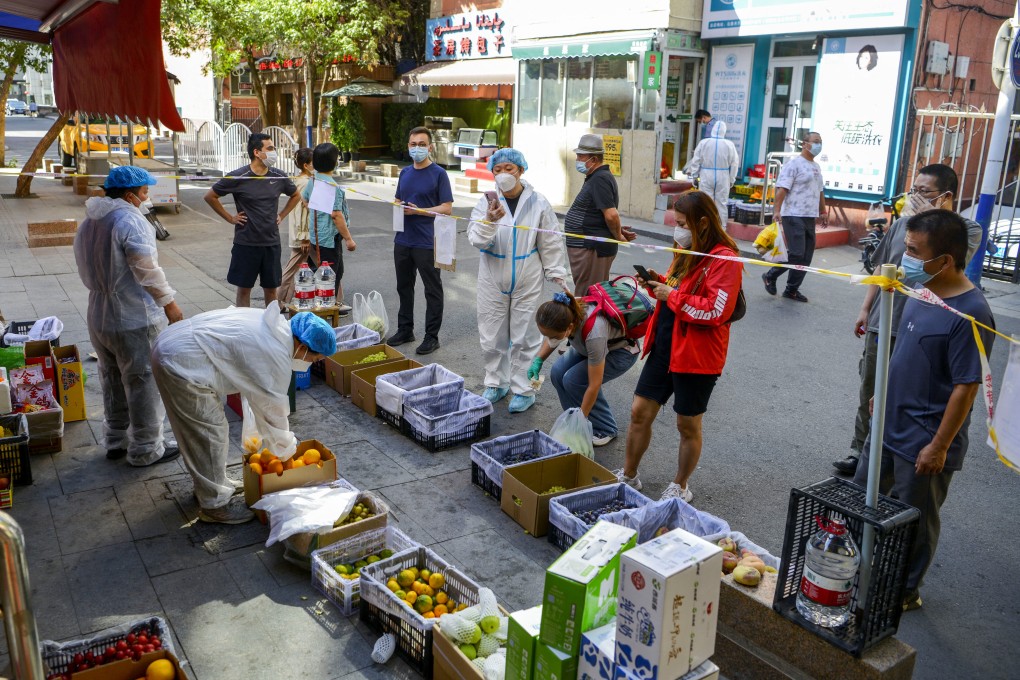Chinese internet users detained over Xinjiang Covid-19 outbreak ‘rumours’
- 4 people in Yining ordered to serve up to 10 days behind bars for various offences, including ‘inciting opposition’
- Announcement comes just days after authorities in the prefecture admit failings in access to medical services

The four were ordered to serve between five and 10 days of administrative detention in Yining, a city in the Ili Kazakh autonomous prefecture, police said in a statement on Sunday.
“[The detainees] spread rumours on the internet, incited antagonistic sentiments, disrupted the order of anti-pandemic measures, [which] resulted in negative social repercussions,” police said.
The statement did not disclose the ethnicity of the four individuals but they all had Han surnames.
Administrative detention is usually ordered for minor offences and does not involve formal charges or a trial. It requires only police approval but the duration is capped at 14 days.
Xinjiang has recorded minor outbreaks of the coronavirus, reporting four new symptomatic local cases and 24 asymptomatic infections on Monday.